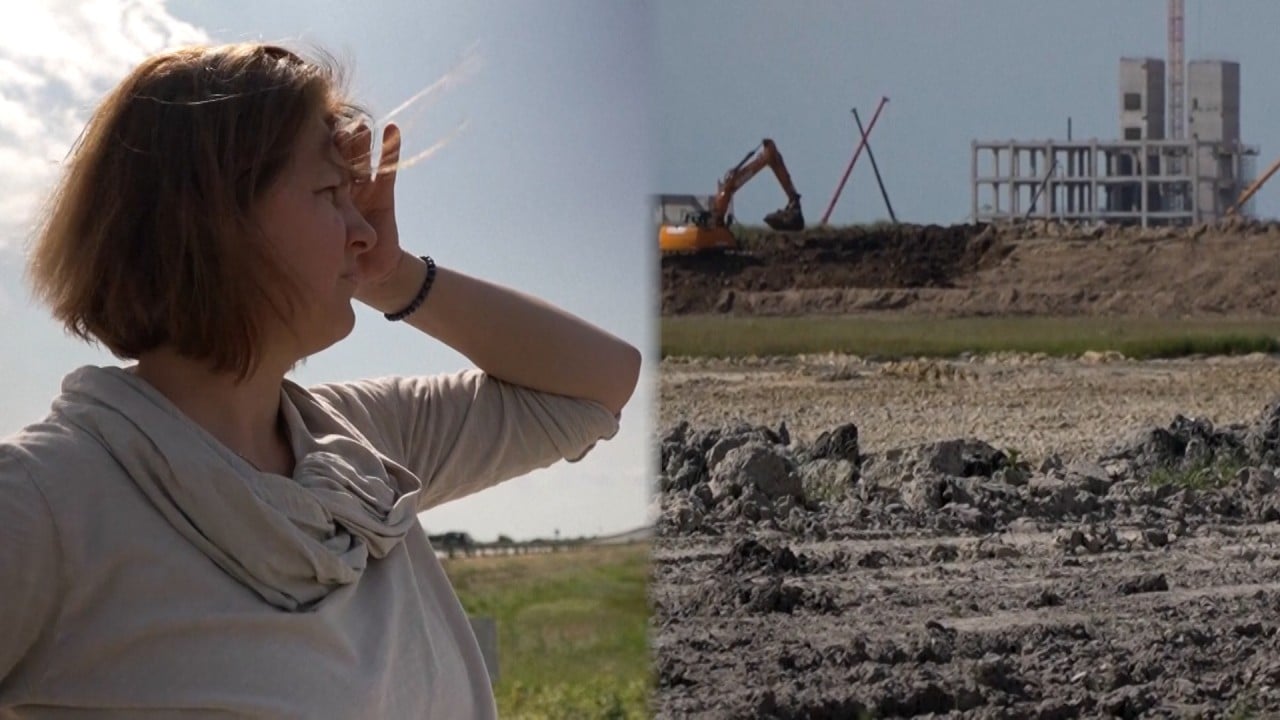The fast rail project has been controversial, with the European Commission suspicious of its lack of transparency. The BYD investment appears to demonstrate that the rail project will nevertheless generate new industrial development for the economies of central and eastern Europe.
BYD’s announcement has been described by some commentators and a range of voices in the Hungarian community as a “China threat”. Such responses reveal a combination of economic competitiveness and geopolitical fear.
At a recent debate hosted by the conservative Common Sense Society, even supporters of Hungary’s nationalist government were almost unanimous in considering that the risks of major Chinese investments outweighed the benefits. It’s part of a trend of European opposition to economic interdependence with China.
European companies have been happy to invest in China for their global production in recent decades. The shoe is now on the other foot, as advanced Chinese companies seek to invest in Europe, which promises to be the biggest market for Chinese cars outside China. The automotive industry is deeply interdependent, as China is the third biggest market for EU vehicle sales.
An EU and Nato member, Hungary is seeking the best of both worlds by taking advantage of its location to attract Asian investors seeking a low-cost and central manufacturing site.
Expect more Chinese investment to flow to Hungary. Its capital, Budapest, already hosts one of Europe’s largest Chinatowns, and is a major logistics hub for Chinese tech products, including those of Huawei Technologies. With BYD making it the hub for its European EV production, Hungary is poised to become a centre of green automotive production, which might turn out to be a smart strategy that enables the country to find its way in a contested neighbourhood.
David Morris, a senior fellow at the Centre for China and Globalisation, is a former diplomat who has recently completed a PhD at Corvinus University of Budapest




